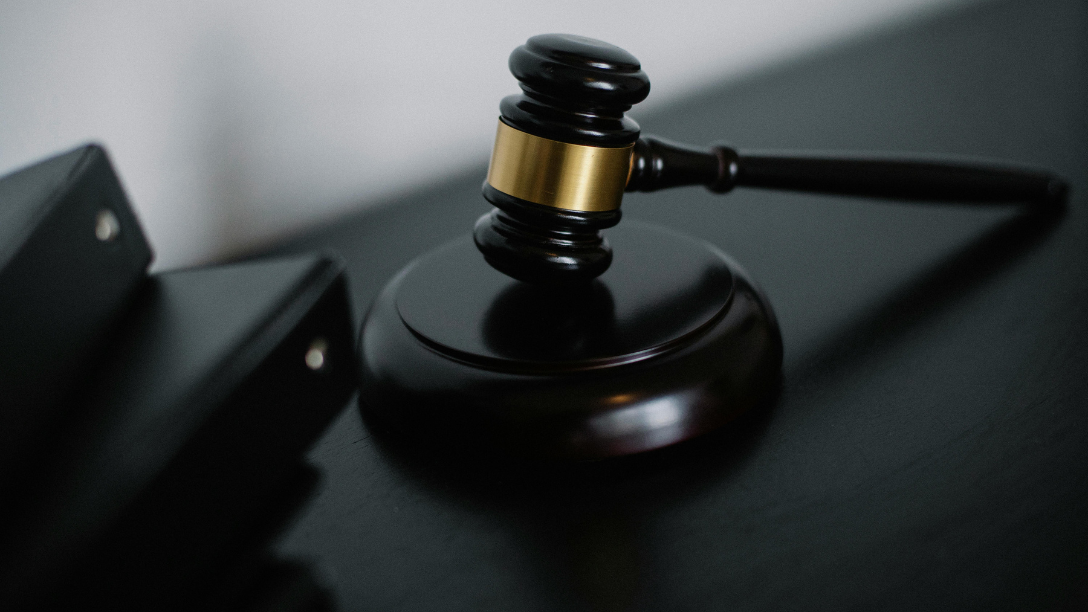


“I was going to be a lawyer.”
I hear that line more than any other when people learn what I do for a living. Usually, it’s followed by a smile and an explanation — they liked to argue, especially with their parents.
But arguing, to me, is only a fraction of what it means to be a lawyer. Arguing is reactive. Persuasion is intentional.
To persuade means to cause someone to believe or do something by appealing to their reasoning, emotions, or values. It’s not about winning a shouting match — it’s about opening a closed mind. It’s about shaping a story so that it can be understood, felt, and ultimately believed.
When I argue, it’s only because I’ve already analyzed. I’ve studied the angles, weighed the evidence, and considered the other side. Persuasion is the chessboard, not the move. It’s where strategy meets empathy.
The greatest power of a lawyer is the ability to open closed minds. But that power can’t exist if the lawyer’s own mind is closed.
In some cultures — Norse, I believe — there were people known as “contrarians,” individuals whose role was to challenge conventional wisdom. They were accepted, even valued, because they kept the cultural mind open. I think good lawyers must be a little like that. Sometimes a legal issue needs a touch of contrarian thinking — or a lot.
My father used to rail against jails. “They get three meals a day and a bed — even television!” he’d say.
I don’t think he’s ever actually seen the inside of one.
After nearly twenty years as a criminal defense attorney, I can say with certainty: jails are hell holes. They are not places of rehabilitation or reflection — they are cages. And when you strip away human dignity, you shouldn’t be surprised by the ugliness that follows.
There’s a jarring contrast between the image of the lawyer — the polished suits, the mahogany offices, the courtroom gravitas — and the reality of the spaces where many of my clients spend their days.
Once, I stood in a jail’s visiting room and looked at an overflowing waste bin in the restroom. It was a small thing, but it struck me. That bin hadn’t been emptied for weeks. It was a symbol of neglect, of how little attention is given to those we lock away.
I don’t practice law to step on people as they struggle. I do it to help them stand again — to remind society of their humanity.
The seven deadly sins are often committed by people who think they’re justified. But when you spend time trying to understand someone instead of judging them, you begin to see things differently.
Maybe that’s the essence of being a lawyer: to hold space for both justice and compassion.
So I’ll ask you — what do you think are today’s leper colonies?





